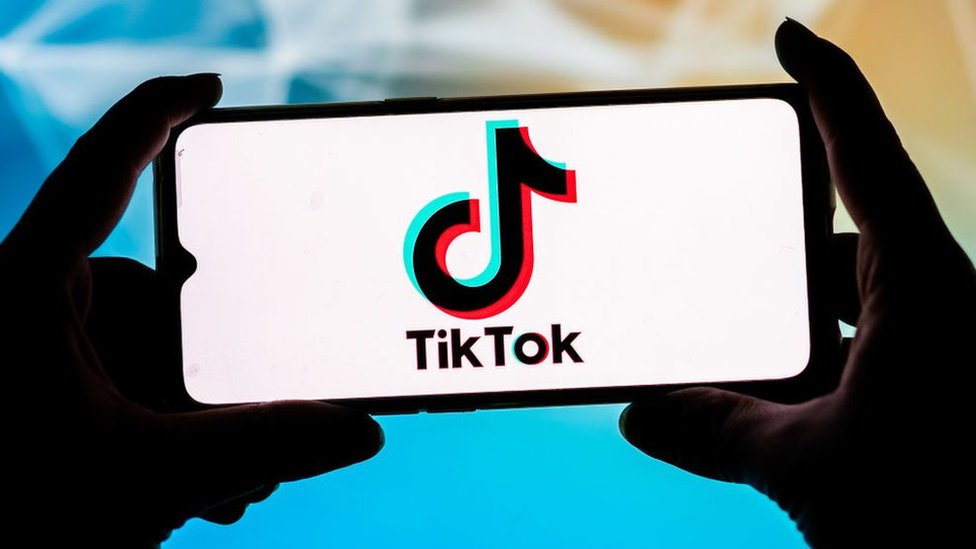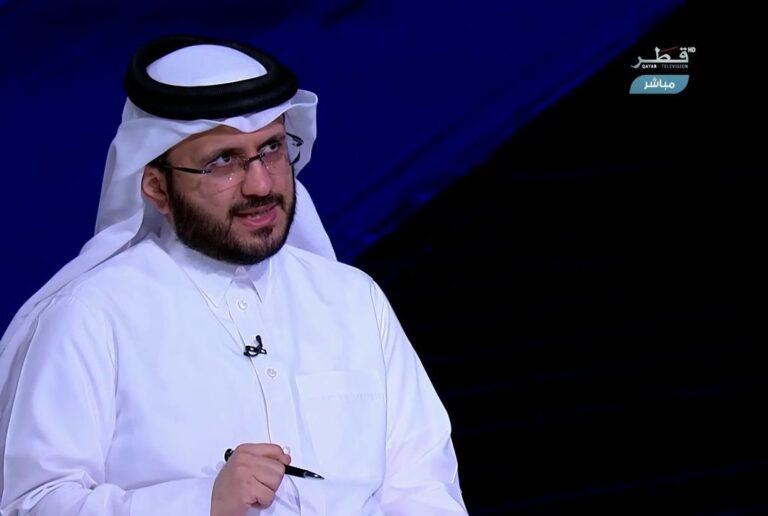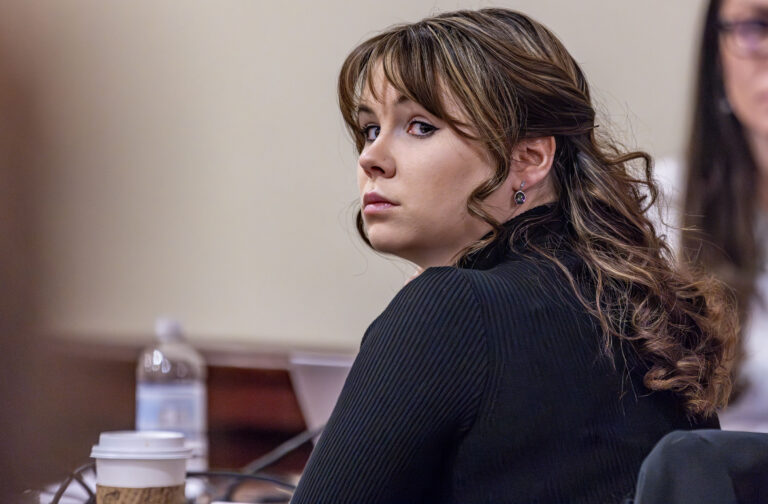The Kenyan TikTok Ban Controversy
Bob Ndolo, the CEO of the digital consulting company Bridget Connect Consultancy, presented a petition to the Kenyan National Assembly on Tuesday last week calling for the banning of TikTok.
Ndolo claims that the Communications Authority of Kenya has not successfully regulated the social networking site.
He asserts that the site is encouraging hate speech, violence, and explicit sexual content, which is a threat to Kenyan teenagers’ core cultural and religious values.
A wide range of Kenyans, along with majority leaders in parliament, have urged the National Assembly against outright banning the social media site and instead called for an alternative strategy.

Kimani Ichungwa suggested that more stringent content supervision on the platform be implemented rather than an outright ban.
Khalwale wrote on his twitter account, “If you don’t like TikTok, don’t let your kids use a phone or computer.
Without regard to age disparities, the majority of Kenyans rely on social media as a source of income. Their only option after failing to find employment in what they claim is a cluttered market is TikTok.
In addition, Bob Ndolo emphasized that the ban will act as a safety net, protecting Kenyans from TikTok’s negative effects, including addiction and the potential disruption of kids’ education and mental health.
Different Kenyans with opposing and pro-petition stances have expressed concerns about this petition, which has sparked discussion among them.
The Kenyan parliament’s Speaker, Moses Wetangula, stated, “The petition underscores that, despite TikTok’s considerable popularity among Kenya’s youth, the type of content being distributed on the network is inappropriate.







